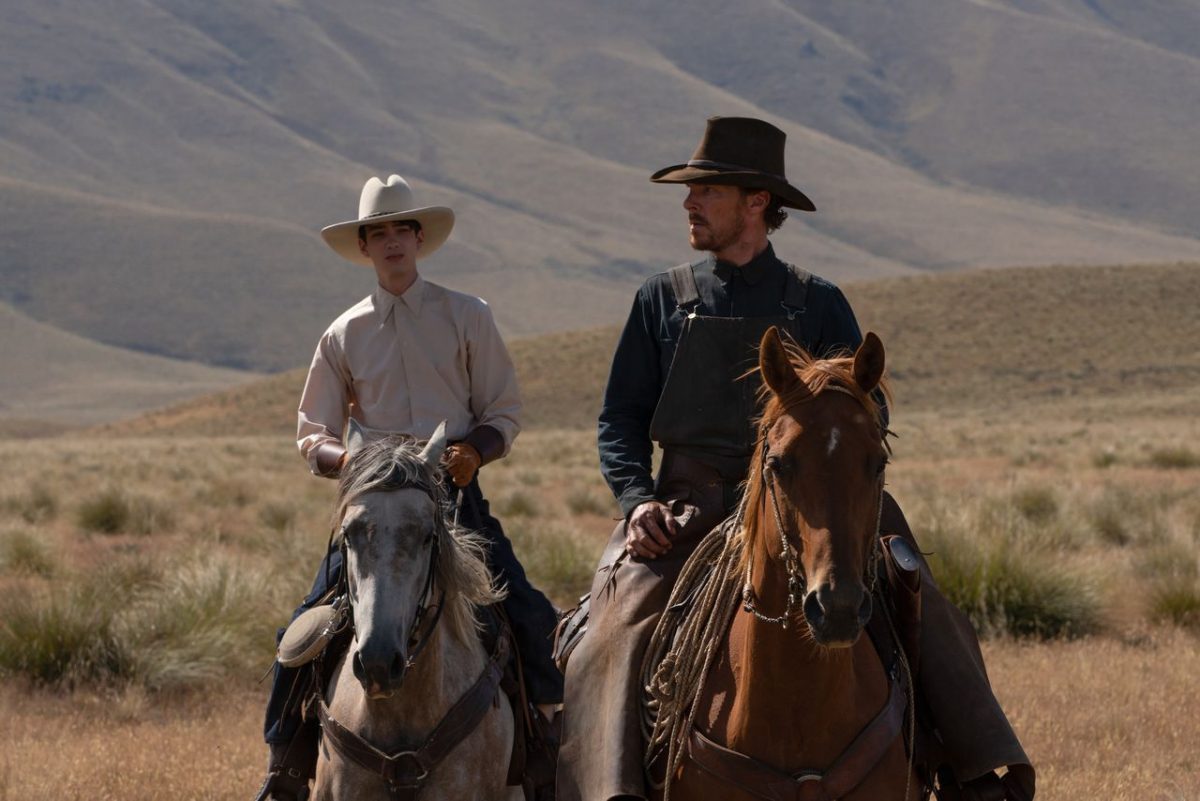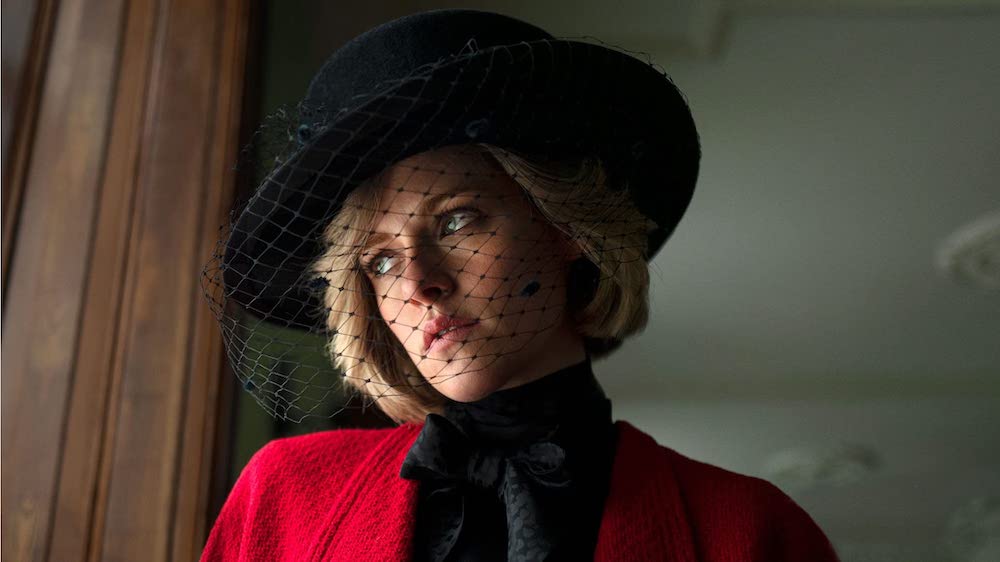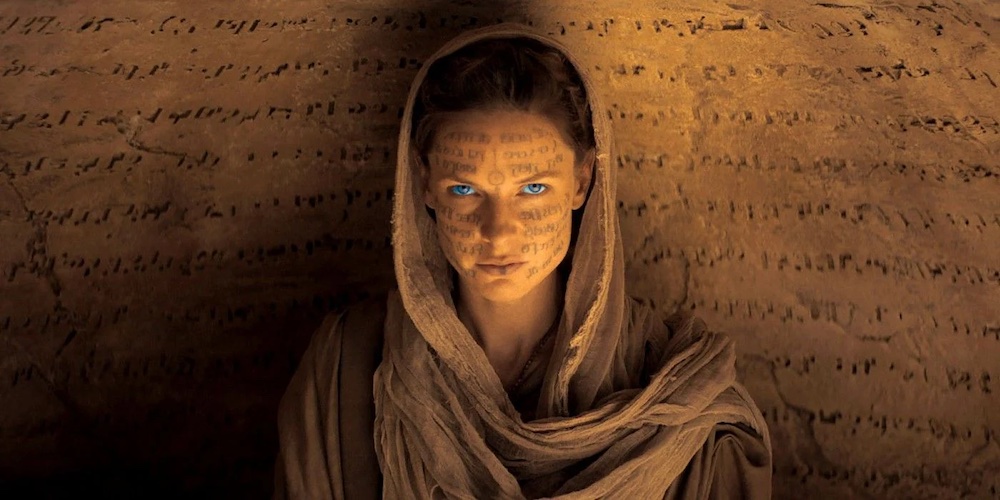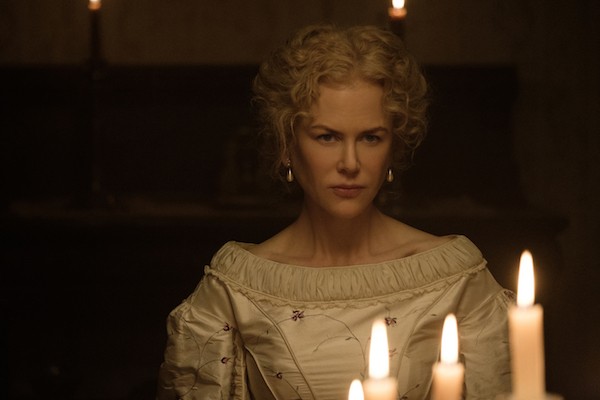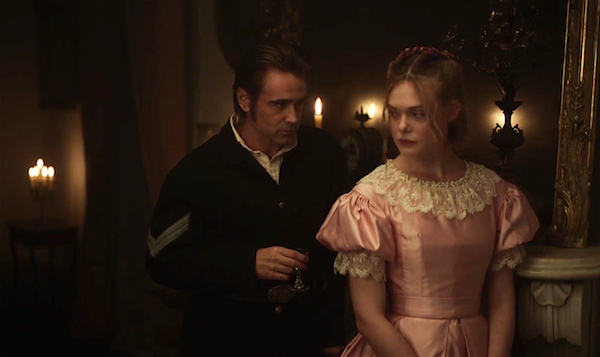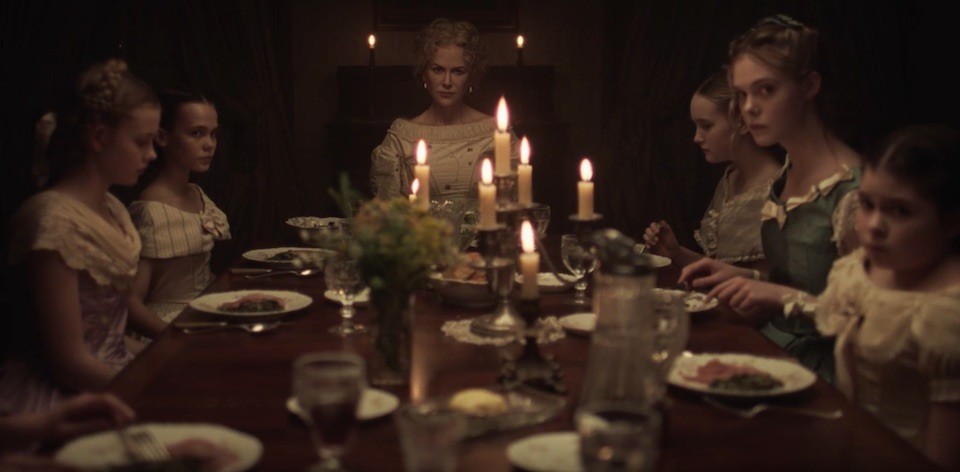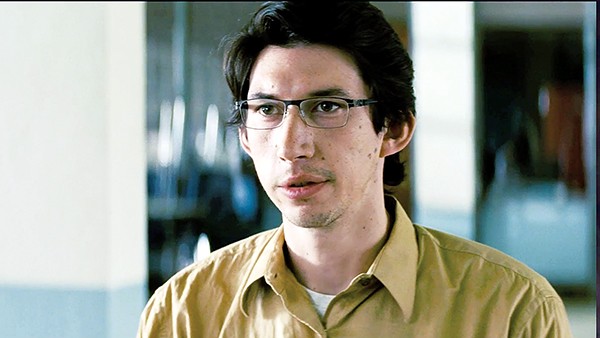A couple of premieres takes on all comers at the box office this weekend, including interesting holdovers and a couple of notable anniversary re-releases.
Challengers
Zendaya stars as Tashi Duncan, a teenage tennis whiz who must rebuild her life after she suffers a career-ending injury. She reinvents herself as a coach and marries Art (Mike Faist), a fellow tennis champion, and coaches him to success in the pros. But when Art’s career takes a turn for the worse, he must face off against his arch rival Patrick (Josh O’Connor), who just so happens to be Tashi’s ex. Fireworks, both personal and professional, ensue.
Boy Kills World
Bill Skarsgård, who you might remember as Pennywise from It, stars as Boy, who is actually a man. The Boy-man’s family is murdered by Famke Janssen, who was the best Jean Gray in any X-Men movie, but I digress. Rendered deaf and mute by the attack, Boy is rescued by a mysterious shaman (revered stuntman Yayan Ruhian) and taught the means for revenge. Bob’s Burgers’ H. Jon Benjamin provides the voice in Boy’s head.
Civil War
Alex Garland’s searing cautionary tale about an America at war with itself is an unexpected hit. Kirsten Dunst stars as Lee, a journalist on a mission to get from New York City to Washington, D.C., to interview the President (Nick Offerman) before the White House falls to the Western Forces. In this clip, Lee and her partner Joel (Wagner Moura) try to buy some gas in West Virginia.
Alien
Ridley Scott’s seminal sci fi horror film returns to theaters for a victory lap on its 45th anniversary. Sigourney Weaver’s star-making turn as Ripley set the standard for tough-girl protagonists for decades. The alien xenomorphs will be the most terrifying screen monster you’ll see this, or any other, year. Take a look at the original trailer from 1979, which causes 21st century horror trailers to hide behind the couch.

